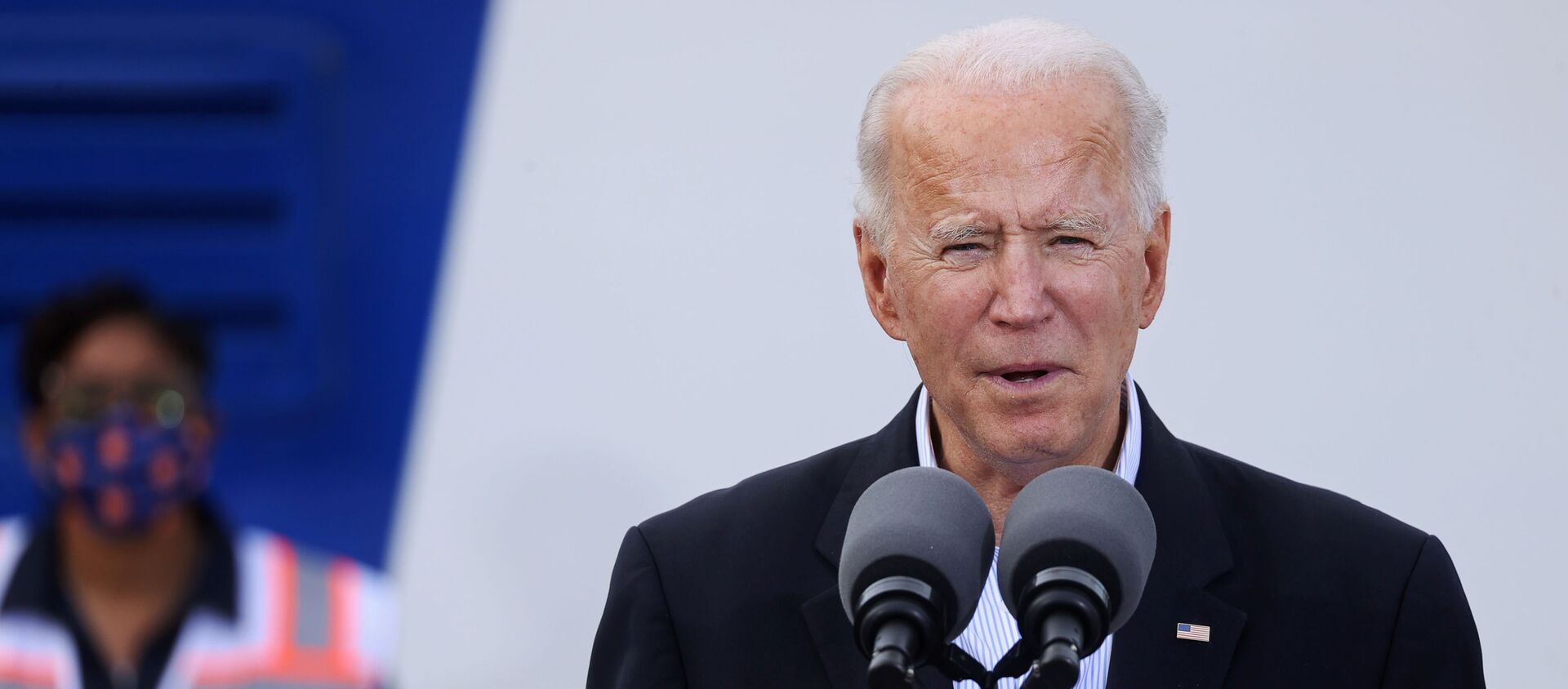Indian Americans suffer some of the worst racial discrimination in the United States, according to joint research conducted by the Carnegie Endowment for International Peace, Johns Hopkins University School of Advanced International Studies (SAIS) and the University of Pennsylvania.
The report entitled "Social Realities of Indian Americans: Results from the 2020 Indian American Attitudes Survey" found that 50 percent of Indian Americans had been discriminated against in the past year, with bias against skin colour being the most common.
"Somewhat surprisingly, Indian Americans born in the United Stats are much more likely to report having been victims of discrimination than their foreign born counterparts," says the report.
Indians Back Home "Not Surprised"
Those in India, who have siblings or close relations who have moved permanently to the US and taken up American citizenship, say the findings of the report are unsurprising.
"Now my children, two of whom are US citizens and settled in Los Angeles, are worried that they won't receive proper care in hospital should they fall prey to COVID-19," Kaur, who herself holds a US Green Card (Permanent Resident Card) herself, added to Sputnik.
Rajesh Gill, Professor of Sociology at Punjab University, in the Union Territory of Chandigarh, said that there is a perception in India that the US is the best country to live in, where nobody bothers about your sex, caste, religion etc. "But there are situations where your origin matters. Ethnicity continues to be a very big issue. There are studies which have confirmed that even third-generation citizens face discrimination," Gill underlined.
"Ethinicity doesn't die- it crops up suddenly in particular situations. It depends upon the context in which you find yourself - the same country that you considered liberal, democratic, might suddenly be discriminating against you. And the US is not immune to this," she added.
Socialising Within The Community
One's citizenship determines the level of civic and political engagement for Indians in the US. American-born citizens report the highest levels of engagement but non-citizens lag behind. Indian Americans, particularly first-generation settlers, tend to socialise with other Indian Americans.
The report finds that polarisation among Indian Americans reflects broader trends in American society. "Although religious polarisation is less pronounced at an individual level, partisan polarisation - linked to political preferences both in India and the US - is rife," the report notes.
However, it adds that "this polarisation is asymmetric: Democrats are much less comfortable having close friends who are Republicans than the converse."
The same is true for Congress party supporters vis-a-vis supporters of the BJP. "To some extent, divisions in India are being reproduced within the Indian American community," finds the survey.






